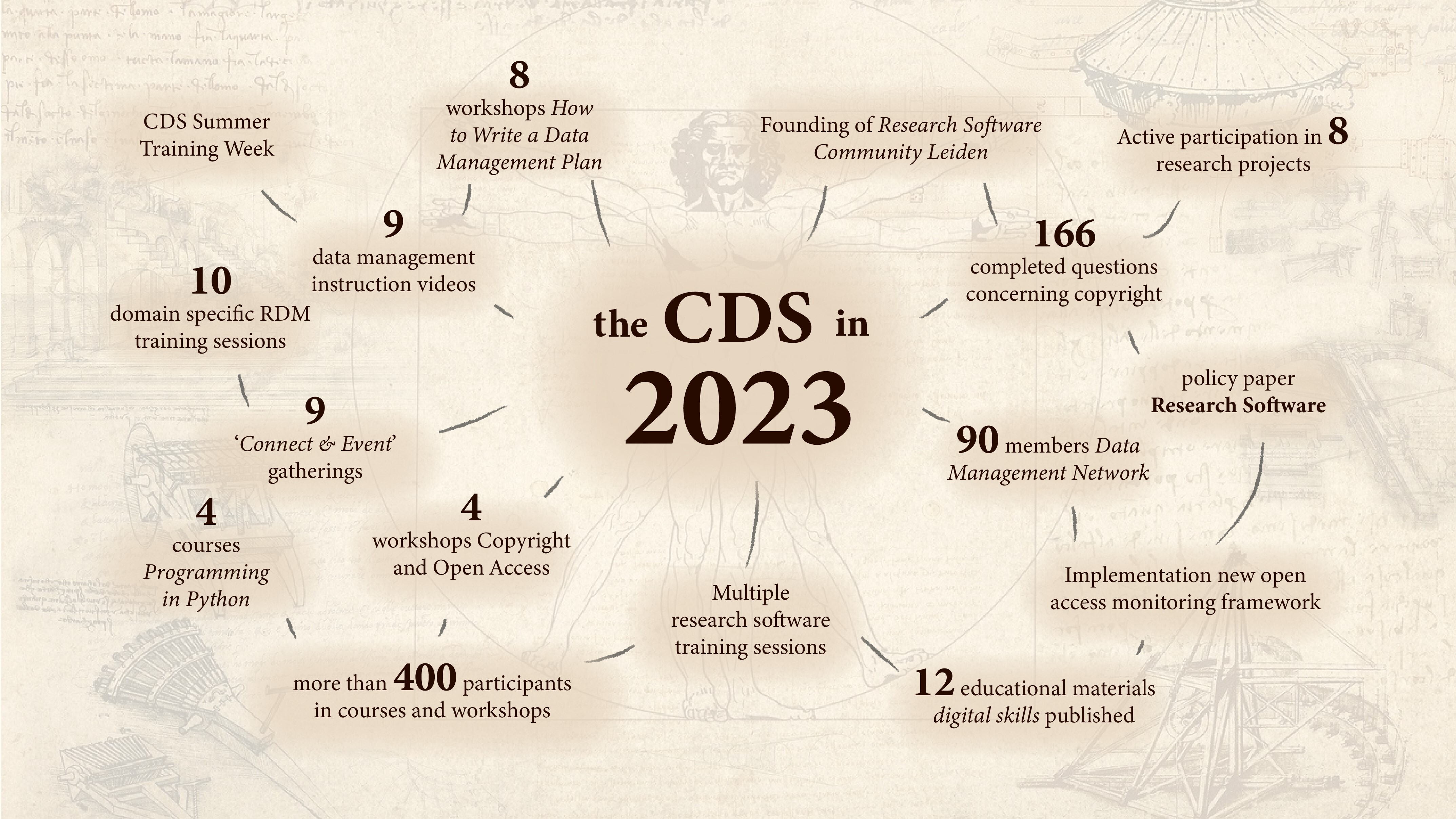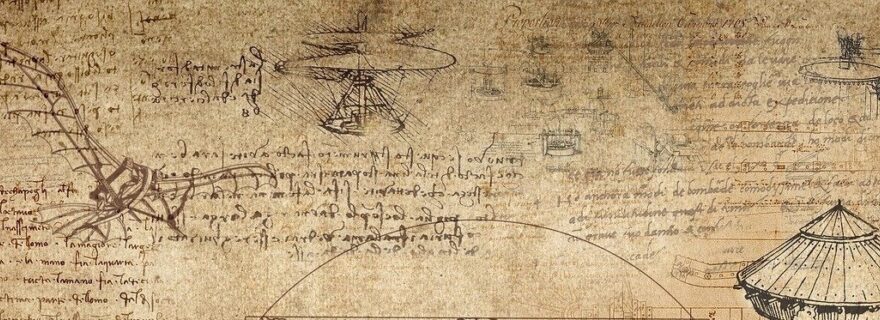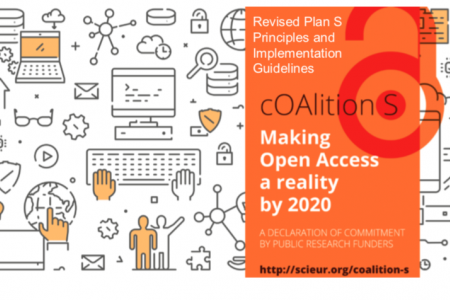The Year 2023@CDS
In this post we look back at some of the milestones and achievements made by the Centre for Digital Scholarship in 2023
The Centre for Digital Scholarship (CDS) experienced a year of transition and growth in 2023, with a new leader, new area of expertise, and new approach to Open Science support. The CDS refined its mission as a partner in education and research, supporting the use of digital techniques, and promoting the responsible adoption of technology. Situated within the central university library, the CDS supports innovation and the university’s ambitions in Open Science.
Here we will look back at some of the milestones and achievements made by the Centre for Digital Scholarship in 2023.

Visualization by: Amy van den Brink
Research Data Management
In 2023, the Research Data Management (RDM) team made great strides in expanding its community, bringing together researchers and support staff across Leiden University and LUMC. In addition to monthly meetings with the university’s Data Stewards, the RDM team organised a monthly Connect & series covering topics such as sensitive data, Open Science, metadata standards, and AI. The RDM team has built partnerships outside of the library, organising a DataverseNL roadshow with DANS, participated in the national Thematic Digital Competence Center (TDCC) network, and presented work internationally, organising a presentation session at the LIBER winter event 2023.
The LIBER session presented a landscape analysis in process by the Centre for Digital Scholarship to better understand the work and career paths of Data Stewards. Based on this data, the CDS can also provide evidence-informed policy decisions on Research Data Management. The RDM team’s most popular workshop, How to Write a Data Management Plan, was given to 115 registered participants. The RDM team also created a set of nine instructional videos on data management practices, which were broadcast across the university and beyond.
With the introduction of faculty-embedded data stewards, the CDS initiated a transition from first- to second-line support, serving as both a meeting point and expertise centre for support staff and researchers. The team worked alongside the Data Steward from the Faculty of Science to participation in the GO-FAIR Foundation fellowship program. CDS is also closely involved with Academia in Motion, Leiden Research Support, and the Leiden Digital Competence Center.
Research Software Management
In the field of research software management, the CDS initiated important developments in 2023 in the field of information provision, awareness, community management, infrastructures, and policy.
- Setting up and coordinating a network of research software engineers working within the Leiden faculties and institutes, the Research Software Community Leiden (RSCL), as a space for discussion, developments, and new collaborations. A virtual network and an online platform where researchers and staff can find advice on software management procedures, guidelines, and domain-relevant resources. In the spring, the RSCL hosted a launch meeting, bringing together colleagues from across the university to share their work and expectations for this community. After the launch of the RSCL in June, the CDS became a core team member of the NL-RSE to align with national research software engineering networks. In collaboration with the community, several meetings have been organized to bring together people from different faculties for knowledge sharing and professional development. In the autumn, the RSCL organised a one-day event on professionalisation, entitled Level Up! That event provided an opportunity to discuss the design of careers and to advocate for more systems of support at research institutions.
- Policies: Building on the Research Software Management workflow documentation of the RSCL and our participation in the national software management planning template, we have prepared a university-level policy document to outline responsibilities and practices for open and reusable research software. Researchers, data stewards, research software engineers, privacy officers, and information managers from all faculties in Leiden contributed to the document.
- International embedding: At the same time as drawing up a research software program for Leiden University, the expertise leader has become co-chair of PRO4RS, an international working group of the Research Data Alliance (RDA) and the Research Software Alliance at research organisations. The working group presented their work at the RDA Plenary meeting in Salzburg. By co-chairing the working group, we ensure that international expertise and the most current developments in the field can form the basis for the research software policy at Leiden University. Guidelines are currently being developed for software licensing, citation and publishing.
- Training Programs: The management of research software is an emerging practice that builds on the experiences of research data management and open access publishing, but also has its own unique considerations. Over the past year, the CDS has given various training courses to researchers inside and outside the university on research software and Open Science in a broad sense.
Use of Digital Data
The expertise area Use of Digital Data works in close collaboration with the Innovation & Projects department applying various methods to analyse, export, and visualise the data created in the library’s collections. In 2023, the various analyses have been performed on the approximately 600 Leiden manuscripts that have been published via Europeana in the ARMA project. The results of this research were presented at the DARIAH congress in June.
The team also developed tools and protocols to extract metadata in the MARC format from the library's catalogue, resulting in new pathways for analysing this data. Data of this nature have been made available for research projects within the LUCAS institute and the MA Book & Digital Media Studies. The team has also published several interactive notebooks with examples of the analyses that can be performed on the basis of digital heritage. It also helped to establish a digital skills lab within the Faculty of Humanities.
In collaboration with the Expertise Centre for Online Learning (ECOLE) and the UKB working group on Digital Scholarship, the team helped to build an environment to share Open Educational Resources on digital skills. Various courses have been organised to develop the digital skills of researchers, staff, and students. The team’s Python programming courses were offered four times to researchers and staff from all faculties.
Open Access
In 2023, the CDS was closely involved in the further development of a new national open access monitoring framework that will constitute a more comprehensive metric for all universities. To improve the semi-annual reports on Open Access to our faculties, we worked together with the repository manager to extract as much data as possible from the CRIS in a uniform and reproducible manner, and to combine it with the extensive reports that the national consortium UKB developed in 2023. As a result, the reports have been expanded to include information about the costs of publishing, inside and outside the deals, and an overview of the licenses used by the publications. This gives the faculties better insight into publication behaviour of their researchers in order to be able to adjust where necessary. These reports form part of the basis for the 'Publication Policy' project, which will start in 2024.
The OA team at CDS also explored whether and how the university can financially support OA infrastructures and initiatives such as diamond OA. In a group effort together with dedicated subject librarians the OA team drew up a framework and criteria to evaluate these initiatives and assist the university in selecting projects to support. This will provide more clarity for faculties about which initiatives the UBL is willing and able to support. The CDS additionally supported international strategies for open access as part of the national writing group who wrote a guide for researchers to support them how to make use of the Rights Retention Strategy.
Finally, the open access team supported the worldwide fight against predatory publishing by co-writing a national guide for avoiding predatory publishers and journals, to be published in 2024.
Copyright
Throughout the year, the Copyright Information Office (Auteursrechten Informatiepunt [AIP]) provided a solid basis for the provision of information on copyright, in agreements with publishers, licenses and secondary publishing rights to Leiden researchers. The services are focused on the faculties and institutes, in particular on questions in the context of open science. The AIP serves as a member of various consultative bodies, including the FOBID Legal Committee (FJC), FOBID being the branch organisation of the Dutch Library sector. In 2023, our CDS’ Copyright expert was elected chair of the FJC.
Over the past year, the AIP at CDS has taken an advisory role in an audit by the Publishers’ Organisation for Educational Licenses, the project will be completed in 2024. The AIP worked with the Film Management Working Group to make film and video material for research and education available as widely as possible. The AIP advised on the new contract to be concluded between UNL and Foundation UvO regarding the use of copyrighted material for education.
The AIP gave a presentation the LIBER winter event 2023 in the Working Group Copyright & Legal Matters. The AIP is part of the planning committee organising a conference in spring of 2024, hosted by UNL, NFU, and NWO. Also, alongside UNL, AIP participates in a working group on Harmonisation of Employers’ Copyright and co-authored the working group report.
Open Science across Leiden University
The CDS is an important stakeholder in the university’s ambitions in open science. As part of this, the CDS supports the university’s Academia in Motion program, Leiden Research Support, and the Leiden Digital Competence Center. In addition, the university library contributes to the national Chiefs Open Science (COS) consultation, coordinated by UNL.
The CDS and the university librarian are actively involved in the Open Science Think Tanks established in 2023. Beginning in 2023, these Think Tanks work to reach a consensus and promote actions on topics within Open Science, such as scientific publishing and proper recognition and reward for researchers and teaching staff.
As the specialties of the CDS coincide with the university’s Open Science ambitions, this office remains a key organising point for Open Science initiatives through knowledge exchange and professionalisation at individual, faculty, and university-wide levels.
Conclusion
The Centre for Digital Scholarship had no shortage of initiatives to develop and support in 2023. As research data management, open access, research software management, the use of digital data, and copyright become increasingly immediate to our researchers’ work, this office continues to provide the infrastructure, innovation, and essential forms of support in local, national, and international domains.
Michelle van den Berk, Tessa Roo, Femmy Admiraal, Erna Sattler, Ben Companjen, Peter Verhaar, Dan Rudmann, Heleen Palmen, Kristina Hettne, Hannah DeLacey, Alenka Prinčič.





